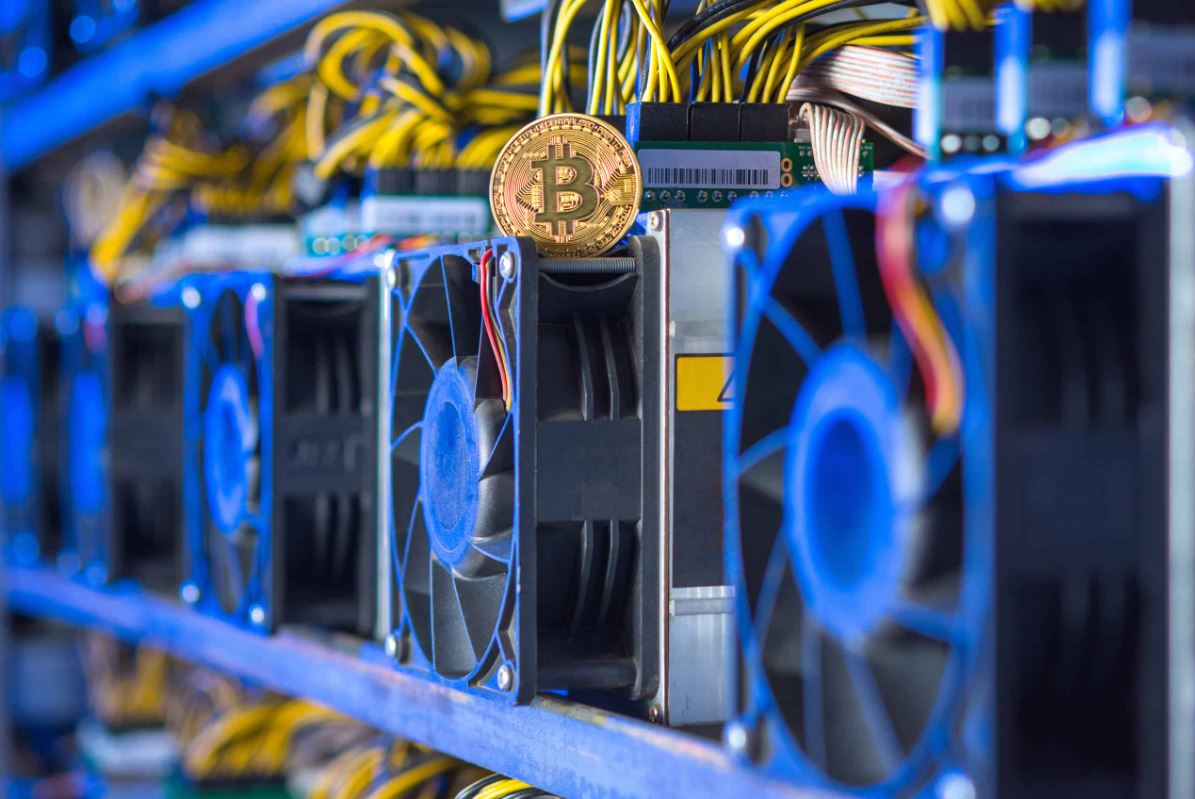Offshore oil refers to oil resources that are located in an ocean or lake. There are offshore oil fields in the North Sea, Gulf of Mexico as well as fields near the shores of Brazil, Nigeria and South East Asia. Offshore oil platforms are used to drill for and extract petroleum from these fields.
Offshore oil platforms are big structures that are used to contain the numerous rig workers, machinery and supplies that are required for extracting oil from the ocean bed. These platforms or rigs are commonly attached to the ocean floor or floating in one place like a man made island. Oil rigs are normally located on the continental shelves where the water is not too deep for drilling.
Most offshore oil rigs are designed to be largely self-sufficient. They use water desalination to produce drinkable water and electrical generators to provide electricity. The oil rigs are also supplied by platform supply ships and smaller emergency support vessels.
Drill ships may also be used for offshore oil extraction. These are ships that have been outfitted with drilling equipment. They are commonly used for drilling exploratory oil wells in deeper water. These drilling ships are normally outfitted with dynamic positioning systems to help them to maintain the same position in the water over the oil well.
Sub sea oil production systems are sometimes used in order to extract petroleum from more than one underwater oil well at a time. Normally each individual well is linked up with a fixed offshore oil platform or a onshore facility via flow lines. Developing sub sea oil fields requires specialized equipment and is a risky and costly endeavor.
Offshore oil platforms can pose a threat to the environment that surrounds it. Oil spills may occur due to accidents on the rig or oil tankers running aground near coasts while transporting crude oil. Water that is used in the operations on board a offshore oil platform can also be contaminated with drilling fluids and other chemicals.
The extraction of oil and gas from seas and lakes are far more costly than land-based operations. There are unique challenges to overcome such as keeping the platform above the surface of the water. Another important consideration involves the transportation of food, supplies and rig workers to and from the rigs.
- Washington Post: Trump to sign new bitcoin legislation on first day in office - January 14, 2025
- Here’s Why Cardano’s Price Might Climb by 140% - January 13, 2025
- A Look Back at Bitcoin’s Historic Year 2024: From ETFs to New All-Time Highs - December 31, 2024



![The strategic approach to AI in the enterprise 6 Top 10 Leading Countries in AI Research and Technology [current_date format=Y]](https://cryptheory.org/wp-content/uploads/2023/08/ai-strategie.jpg)



















